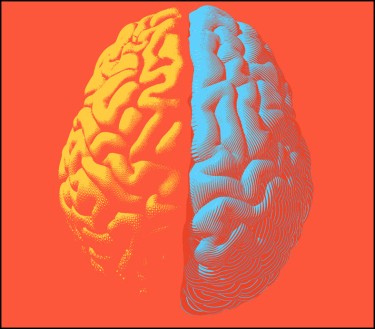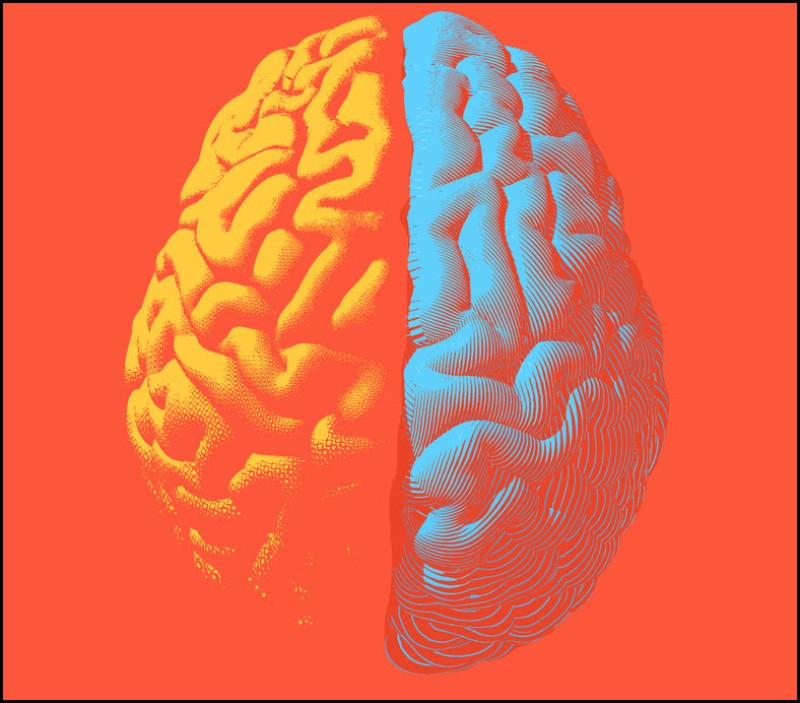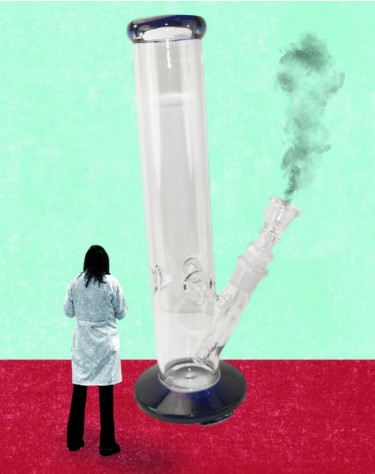
Brain imaging could be the next big thing for testing marijuana in drivers!
It is common knowledge that marijuana is one of the leading causes of accidents in the United States. Scientific evidence shows that the drug is capable of altering a driver's senses and judgment. The challenge police officers, toxicologists, researchers, and other security agents have is how to accurately detect the presence of cannabis in a driver's system. Unlike alcohol tests, which have been modified over the years to give quick and accurate results, there has been little progress in developing a proper cannabis test that could provide accurate results in a short time.
Cannabis and Impaired Driving
Overconsumption of cannabis is one of the causes of impaired driving. The risks of accidents due to marijuana intoxication have gone up following the implementation of cannabis legislation across the legal states. Drivers often experience a degradation in cognition and motor skills as well as an altered perception when driving under the influence of alcohol. This is why cannabis users are always advised not to drive under the influence, especially when high-THC products have been overconsumed.
Recent statistics show that over 21% of motor crashes involving cannabis users happened due to overconsumption of the drug. Crash risks are also estimated to be as high as 25% while under the influence of high-THC weed. At least 100 people are involved in fatal accidents each year due to cannabis impairments.
Although these figures are substantially lower than those of alcohol (roughly 85%), they need to be controlled before they get out of hand. In the last decade, traditional breathalyzers, which test for alcohol use while driving, were modified to detect acute cannabis impairment in drivers. However, these test results were often inaccurate and unreliable.
A New Study
Recently, a group of researchers announced that non-invasive brain imaging could be a more reliable and accurate way to detect cannabis impairment in drivers. The brain's activity would be observed with imaging equipment using functional near-infrared spectroscopy. With these new techniques, toxicologists and law enforcement will be able to tell whether or not a crash is due to impairment or intoxication.
For many years, the challenge of accurately proving a crash occurred due to the overconsumption of cannabis has been challenging to resolve. Except laboratory tests are carried out on the driver's urine or blood, and it takes a while for the results to show. Not to mention that the blood and oral fluids in the body can sometimes be poor indicators of the level of THC concentrations. A recent study conducted by Lambert's Initiative, a program at the University of Sydney, showed that marijuana tests using blood and other oral fluids gave inconsistent results. Hence, the researchers could not conclude whether or not the volunteer's impairment was cannabis-induced.
More Details
Harvard Gazette reported that non-invasive brain imaging could "perhaps" be the solution to accurately detecting cannabis impairment. Another study in the neuropsychopharmacology journal revealed that observing an individual's brain activity could be a direct way to establish whether or not the person is cannabis-impaired.
The proposed non-invasive brain imaging procedure is functional near-infrared spectroscopy (fNIRS). The study conducted by another team of researchers at Massachusetts General Hospital showed that the design is a more objective and dependable method to point out individuals whose performances have been impaired by THC. The procedure measured the various brain activation patterns and compared them with regular patterns and patterns that are similar to cannabis impairment.
Jodi Gilman, associate professor of psychiatry at Harvard Medical School and one of the lead investigators at the center for Addiction Medicine at Massachusetts General Hospital, said that the goal of the research is to establish if an observation of the brain's activity at an individual level is enough to detect cannabis impairment. He also asserted that the level of research is critical and vital to cannabis research and law enforcement.
Breathalyzers have proven to be unreliable for cannabis impairment detection, and it is imperative to develop a better and more efficient test to objectively assess drivers during traffic stops.
The study also examines the problem of correctly discerning if a driver's impairment is due to regular consumption of cannabis or intoxication. The new laws in different states permitting the use of cannabis products mean there are some people who use the drug regularly, either for medical reasons or recreational reasons. Expectedly, these people will have high levels of THC in their bodies without feeling impaired. Cannabis scientists claim that THC concentration in the body does not directly equate to functional or consistent impairment.
Jodi Gilman added that the team is working on a method that would ensure regular medical cannabis users or other responsible users with small amounts of cannabinoids are not unjustly penalized.
Other Observations
One hundred sixty-nine cannabis users volunteered for the trial and underwent fNIRS brain imaging before consuming a measured amount of oral THC or a placebo. They also did the scan after that.
Volunteers on the cannabis dose showed signs of intoxication as their brain activities in the brain's prefrontal cortex showed a heightened oxygenated hemoglobin concentration (HbO). Despite being given the same dose of cannabis, the volunteers showed different levels of impairment reactions. The researchers pointed out that these differences confirmed the variations between cannabis impairment and THC concentrations.
Eden Evins, MD, MPH, senior author and principal investigator of the study, as well as the founding director of the Addiction Medicine Centre, disclosed that the machine learning models which used information from the fNIRS machine were used to confirm the accuracy of the procedure.
Bottom Line
Police officers on the field stand to benefit the most from the development of portable brain imaging devices. They would be able to quickly identify acute impairment due to THC intoxication in drivers during traffic stops. In the meantime, companies are still working on developing breathalyzers that can measure a driver's exposure to cannabis. While this would lead to unjust arrests, it would have to work till researchers can perfect the lightweight, inexpensive, and battery-powered fNIRS devices.
MARIJUANA DUIs, READ MORE...
CAN THE DRUID APP HELP YOU AVOID A MARIJUANA DUI?
OR..
DID THIS CHEMIST JUST SOLVE THE CANNABIS BREATHALYZER ISSUE?








